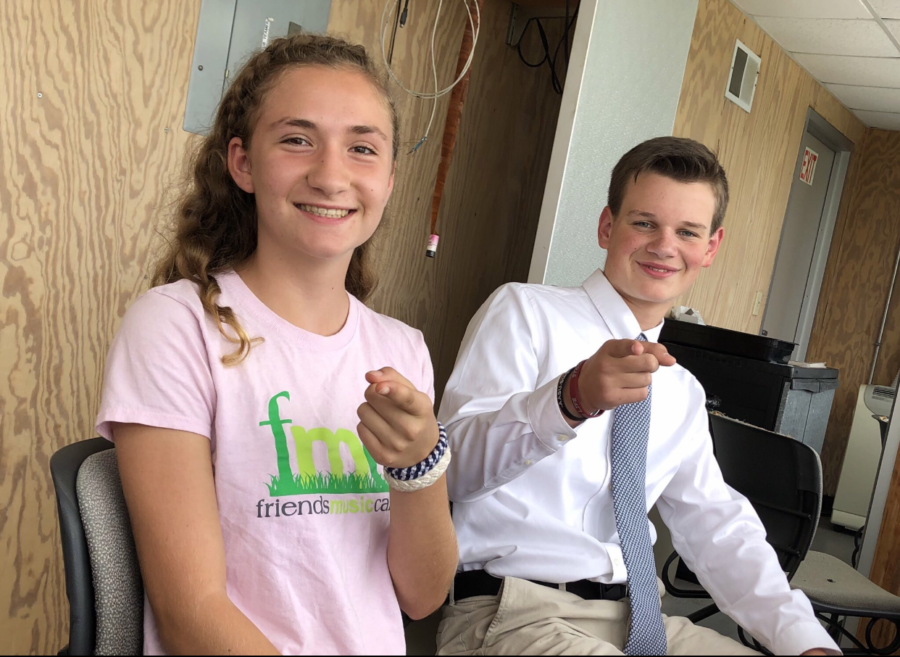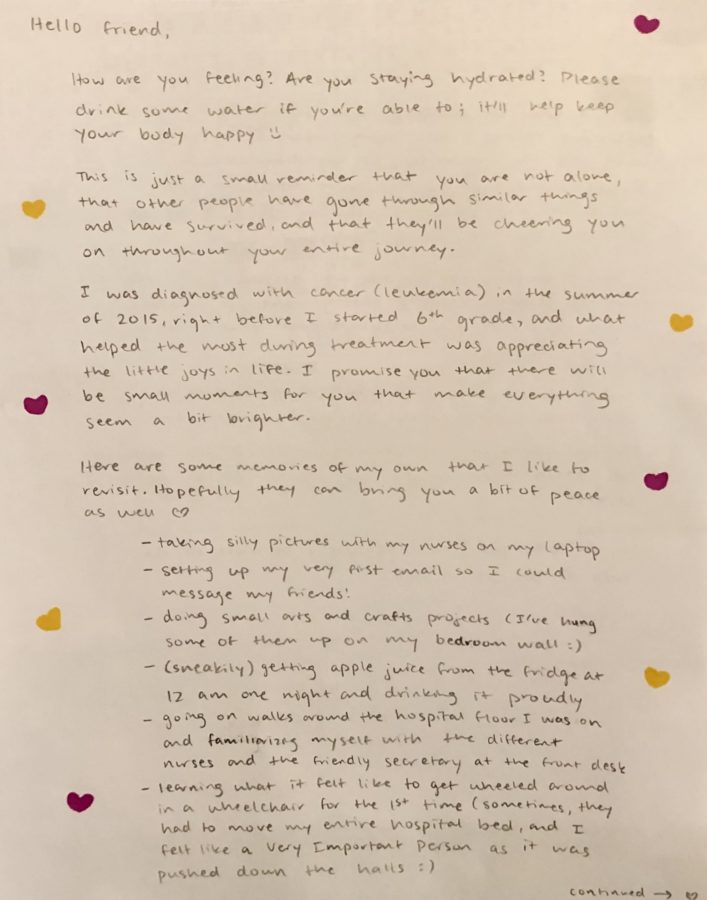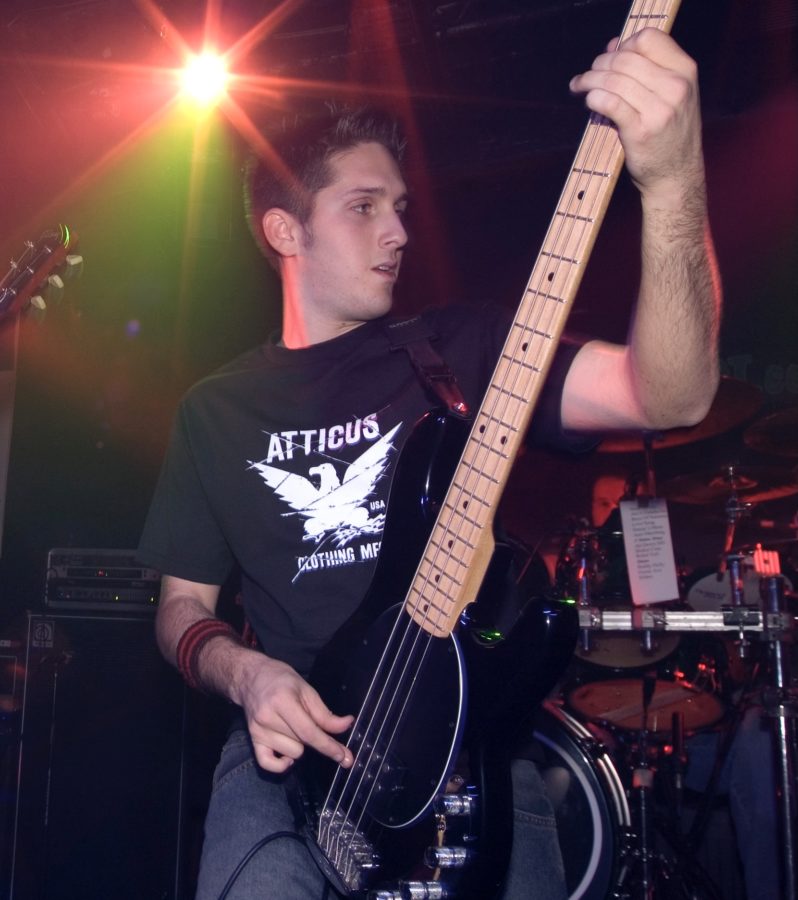The point guard passes the ball to the center, who goes in for a layup. He shoots. He scores. Conestoga wins the game as you cheer from your couch at home. All because you get to watch the big game for free from the comfort of your own house, all possible because of TETV.
However, giving the student body access to ’Stoga sports with the click of a button is not an easy process for the TETV crew. Before each game, TETV members arrive to set up their cables and cameras, which can take anywhere from 20 minutes to an hour depending on the sport and the time of the game. Student commentators, who watch from a monitor, need to stay on top of the game and keep the people at home interested.
Commentating, which provides a play-by-play for viewers, is a major part of what differentiates TETV’s coverage of the game from what the crowd at the game sees. At Conestoga, commentating needs to be flexible, as broadcasters can be placed in any number of sports. While some commentators already have reasonable knowledge about certain sports and only need to brush up on certain terms or rules, others must learn the game entirely so they can broadcast effortlessly.
“I’ve learned so many new things about sports,” junior Jack Susanin said. “For example, if you told me freshman year that I would know anything about field hockey, I would have just laughed. Now I can commentate it easily.”
One of the main challenges faced by all announcers, regardless of their knowledge is dead air, a period of silence in a broadcast when nothing is said. Depending on the sport, dead air can be an issue. For example, in a sport like football with short pauses between plays, commentators talk about things like the long pass which was just made, setting the team up for a touchdown or college commitments to avoid dead air and keep the audience engaged. In a sport such as soccer, however, it is more natural to experience silence during the flow of the game.
“I thought I knew how a commentator was supposed to sound,” said Vik Raghupathi, a Conestoga TETV alumnus and current journalism major at Syracuse University, “but it took a little bit to get into preparation and what I should be doing leading up to games and how I should be delivering things and how to talk, when not to talk (and) how to present things. All those conventions took some getting used to.”
Announcers work off the air too, preparing ahead of games by interviewing coaches, perfecting the names of players from both teams and researching players’ backgrounds so that they can mention players’ college commitments or statistics while they are playing. TETV commentators also sharpen their skills by listening to other sports broadcasters, both local and national, or by listening to podcasts.
“Sometimes when I’m bored, I will just turn on the TV and find a sports channel and listen to how the commentators will commentate the game,” said junior Ben Brophy, who commentates for TETV. “Every commentator has their way of doing things so I’ll try and learn how they call things and implement it into part of our club.”
TETV covers Conestoga football, boys and girls soccer, field hockey, boys and girls basketball and wrestling. The next time you are unable to attend a Conestoga sports event in person, turn on TETV to watch from the comfort of your home, and remember to appreciate the voices behind the game.

























































































